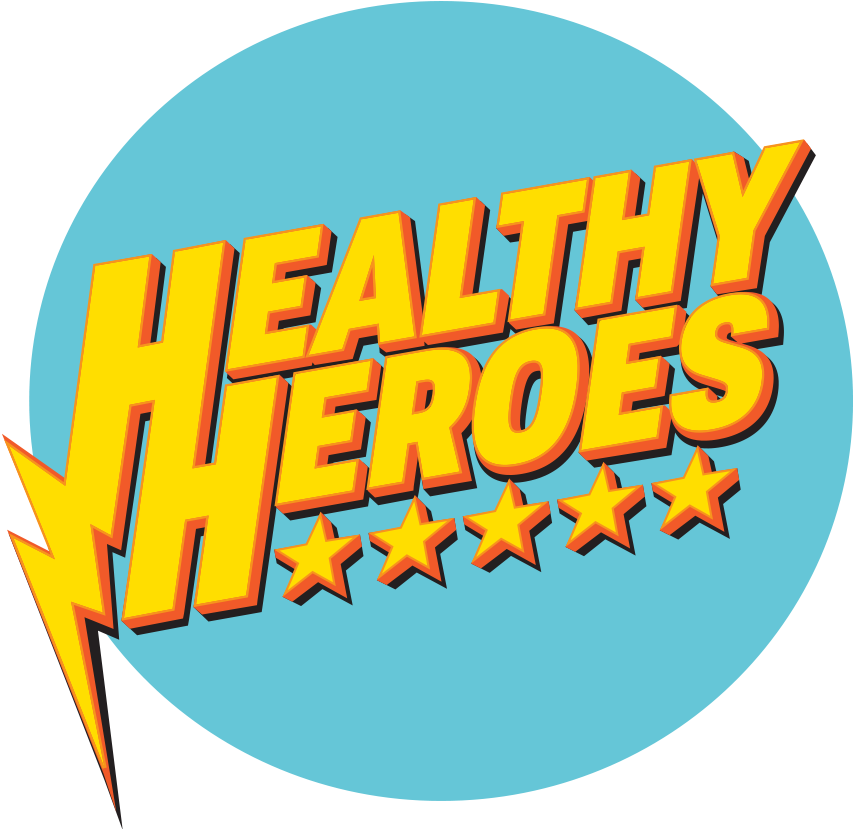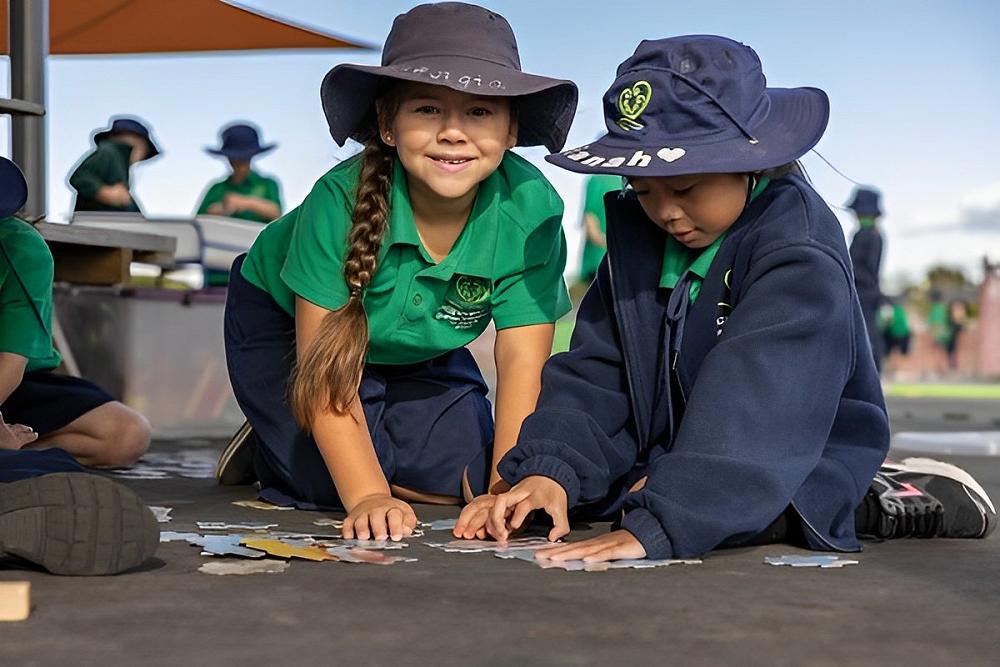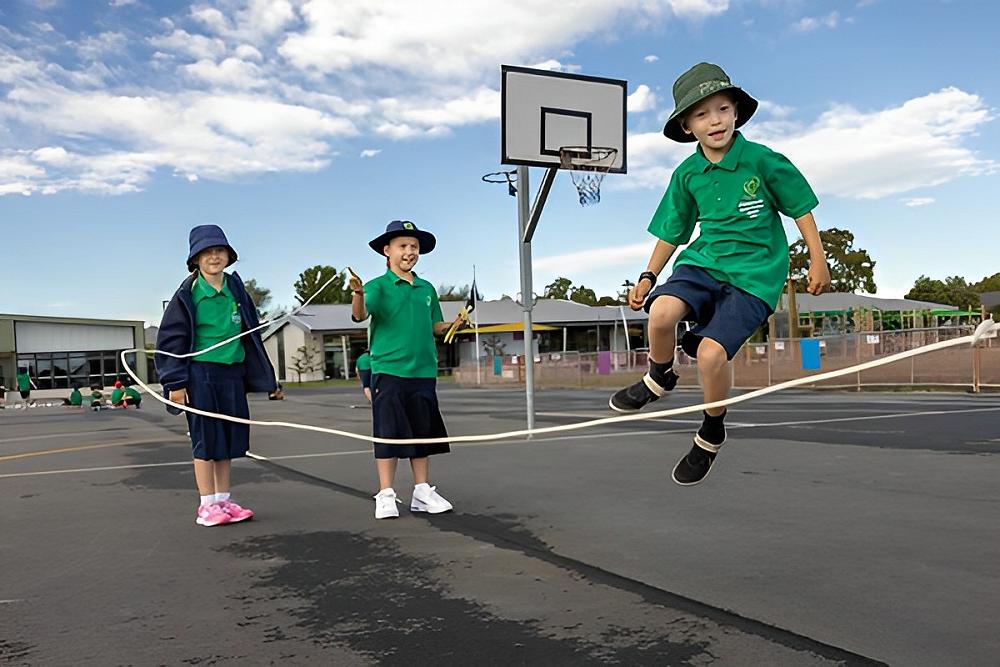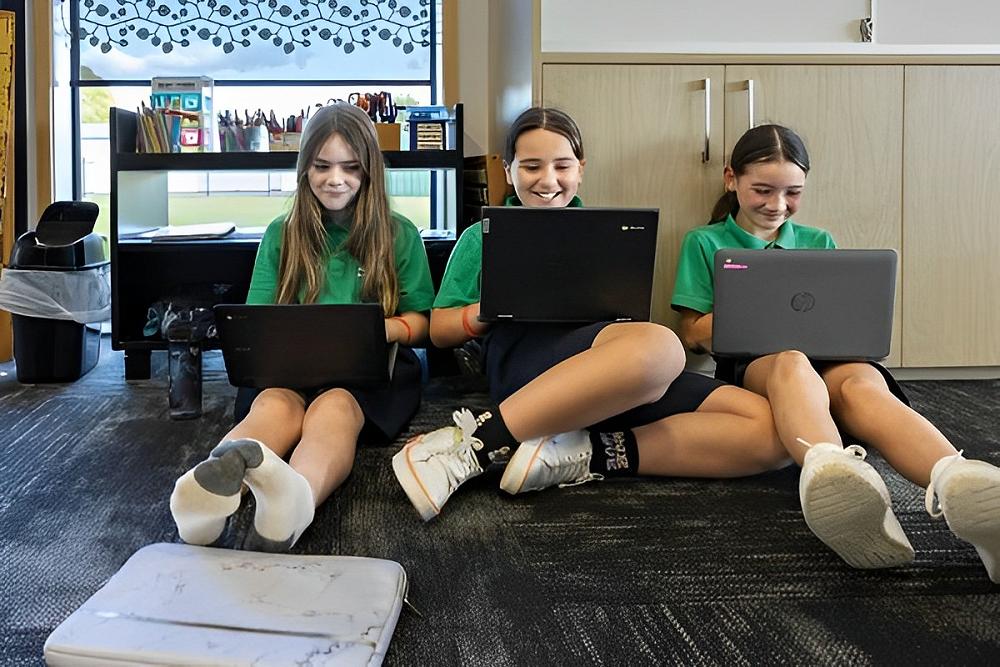Supporting ākonga to be Healthy Heroes
April 27, 2023

A successful primary school programme to promote wellbeing and healthy habits has been updated for digital classrooms by Rotary New Zealand. The free programme is now available online for schools to integrate into the curriculum in many different contexts.
Pareawa Banks Avenue School deputy principal Jan Thompson is an advocate for the Healthy Heroes programme which has been used at the Christchurch school for a decade.
Jan has given a year of her spare time to help Rotary to modernise the initiative and make it easier for teachers to implement.
“I have a lot of experience using this initiative in the classroom effectively to make a difference in the lives of children,” Jan says.
“I believe in this programme, and I love that the students relate to it, to each of the icons. You can customise it for your class and for your community. It’s a framework for making a difference where a difference is needed.”
The programme changes were made in collaboration with Colin Hill from Te Huarahi Linwood Avenue Primary School, and the two educators worked with a Rotary district committee.
Rotary Clubs funded the new website and the modernisation of the graphic character icons.
The upgrade replaced the former paper-based version and created online resources for teachers such as accessible Google forms and plans, including achievement objectives, with everything customisable to a school’s specific needs.
“What I love about it is that it brings together family as well,” says Jan.
“A programme like Healthy Heroes bridges that divide between school and home. It’s a genuine working together opportunity if it’s marketed right to your whānau and you have your community on board. You can make a real difference.”
A framework for resilience
The programme is mindful of the holistic development of the child, Jan says.
“Our children and our schools are all facing the same issues. I think of the current situation in Tairāwhiti and it takes me right back to when I first got into Healthy Heroes after the Canterbury earthquakes.
“There was just such a need for it – so many children with anxiety. There are so many reasons now why we have to help our children become more resilient. Whether it’s ecological because of climate change, whether it’s pastoral because of the home circumstances, or whether it’s just the evolution of society and the changing structure of families.
“I think Healthy Heroes is a really good way of giving children a framework to refer to so that they can lead healthy and really functional lives,” she explains.
One way Jan measures the programme’s success in her classroom is through children talking about their self-awareness of being neurodiverse and how they understand themselves more.
“It helps students with anxiety, with their emotions, as children feel very big emotions and they don’t always have the skills to deal with that,” she says.
The flexibility of the initiative and the different anchor points means there are many ways to integrate the characters and the material into what is happening in the classroom.
“Sometimes we’re using devices, other times it’s a discussion. It really comes back to what you’re doing,”
Jan says.
Active Archie promotes exercise, Mealtime Millie is all about eating well, Refreshed Rosie fosters getting enough sleep, Clever Kahu likes to make his brain work, while Helpful Hemi supports assisting others.
“In May it’s New Zealand Music Month so I always do Clever Kahu then, whereas in September and October when it’s weather for activity at the beach we do our beach education using Active Archie,” Jan says.
“There’s so many different ways that you can market it to children, then they’ll come back with suggestions such as what Helpful Hemi would like. They actually think this through because it gives them a mental prompt of what’s the right thing to do.”
History of Healthy Heroes
In the early 2000s Wellington North Rotarian Laury Sinclair was concerned about children’s health and wellbeing and wanted to help prevent children developing Type 2 Diabetes.
He devised the Healthy Heroes concept, prompted by a wish to mark Rotary International’s 100th anniversary with a significant initiative.
The programme was trialled in four schools in the lower North Island in 2004-06.
In 2006 when the programme was launched nationally through Rotary Clubs, the Parliamentary Health Select Committee said it was unique and holistic and needed to be promoted.
The five challenges for children that are the programme’s core feature were developed based on policies from the Ministry of Education, Sport and Recreation New Zealand and the Ministry of Health in the mid-2000s and were tested and found to still be relevant today, Rotary spokesman David Buist says. He is the former chair of the Healthy Heroes committee set up to govern the programme.
Susan Haye, the present chair of the committee, says Rotary is committed to encouraging children to be healthy and the key to the success of the programme is that it fits in with what teachers are already doing.
Years ago, Jan had the experience of a lifetime as a Rotary International Foundation scholar for three months in Brazil and her work to upgrade the programme is one way she could give back to the service-oriented organisation.
“We want this to be something that all teachers can use at any primary school,” Jan says.
What tamariki say
Amelie: Mealtime Millie wants you to eat two fruits and three vegetables per day so you can stay healthy and if you eat them it will help you with your fitness because they will give you more power and energy.
Georgia: I like Active Archie because he likes playing outside and running around.
Oscar: Clever Kahu means stretching your mind in everything you do like drawing, reading and writing. All of that helps you to make your mind stronger and to accomplish your goals.
Jakob: Helpful Hemi wants you to help others and make the world a better place. There are plenty of people you can help at home, at school, in your neighbourhood or in your community.
Hazel: Refreshed Rosie wants you to get lots of sleep – 9-12 hours at my age. She says it gives you energy for everyday activities.





